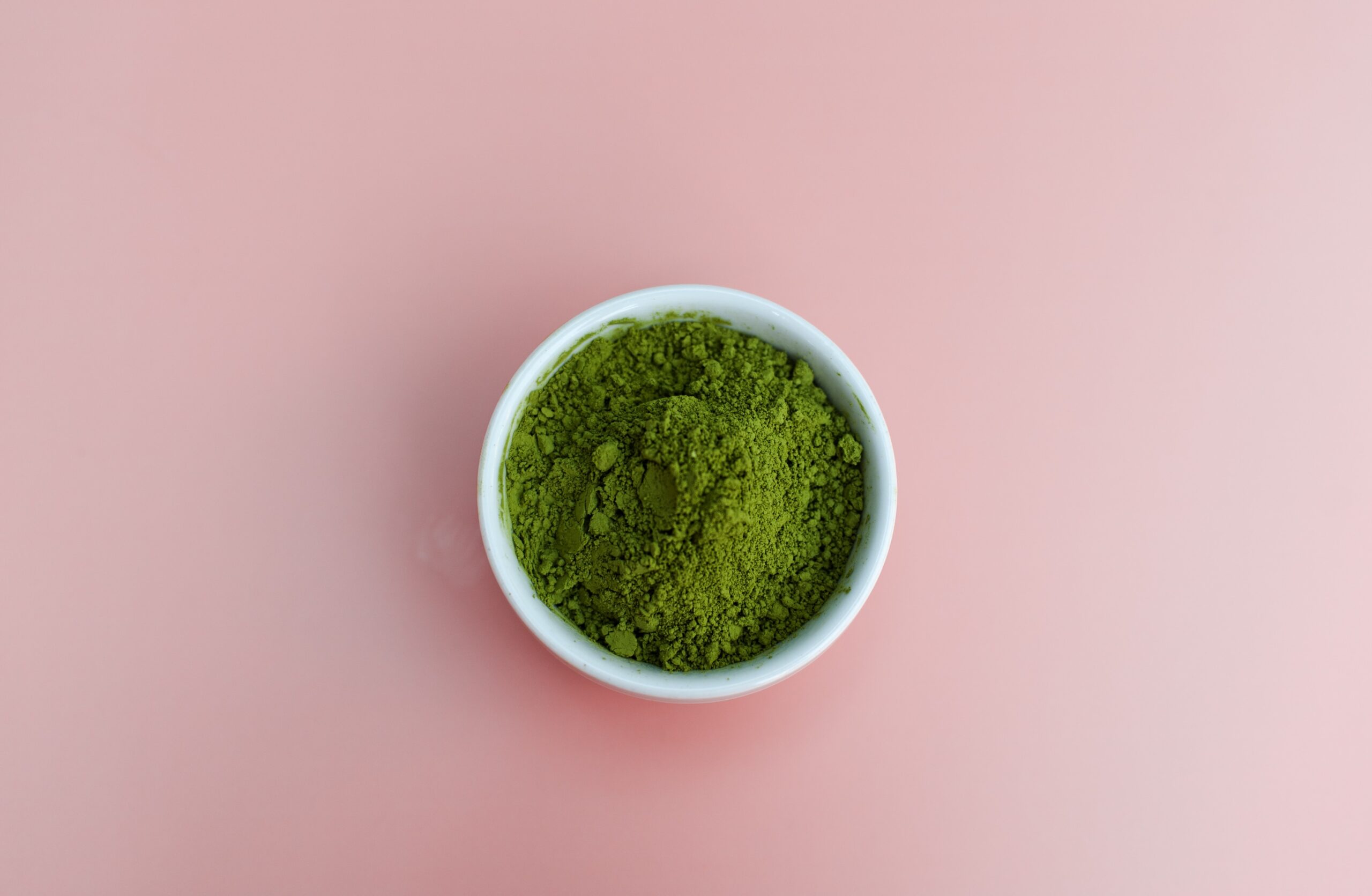You may have seen algae supplements before, heard of spirulina? The blue powder you find in health food shops and makes your smoothies look extra colourful. That is a type of algae. Recently a study looking at Chlamydomonas reihardtii, a form of algae that had not previously been studied for its health benefits, was found to have positive effects on gastrointestinal related problems.
Firstly, what is algae? You may recognise it as the green looking slime that floats on top of ponds but it can also be found in more edible forms. Algae are seaweed that lack stem, roots and leaves and can photosynthesise. They can be rich in micronutrients, which in some cases means they have been deemed a superfood.
Researchers aimed to study in more depth the potential health benefits of C. reinhardtii as it could be a cost-competitive and sustainable source of plant based nutrition with excellent health benefits.
Methods and Results
The researchers tested the algae in both mice and humans. In the mice, they found that weight loss was reduced in those with acute colitis. The human participants were given questionnaires on their gastrointestinal symptoms and consumed daily spoonfuls of the algae for a month. They found that the participants reported they had less bowel pain, gas, bloating and more regular bowel movements!
Takeaway
To start with, this was a small study, with only 51 participants. Currently, we can not say that these results could be replicated in the wider population. However, this is promising and researchers see no harm and believe that this form of algae could add not only nutritional value to a persons diet but be a way to help relieve symptoms of gastrointestinal disorders.
So no unfortunately, algae isn’t the cure all to IBS, but research suggests it does have some benefits! There is no harm in trying it and seeing if it helps you. If you did want to supplement your diet with algae, be sure to carefully read the ingredients list to check it contains this specific form of algae. Other algae, like spirulina have more more research behind them and can be a good way to add nutritional value to your diet.
Original Research Paper:
Fields, F.J., Lejzerowicz, F., Schroeder, D., Ngoi, S.M., Tran, M., McDonald, D., Jiang, L., Chang, J.T., Knight, R. and Mayfield, S., 2020. Effects of the microalgae Chlamydomonas on gastrointestinal health. Journal of Functional Foods, 65, p.103738.
Photo by Phuong Nguyen on Unsplash

Leave a Reply